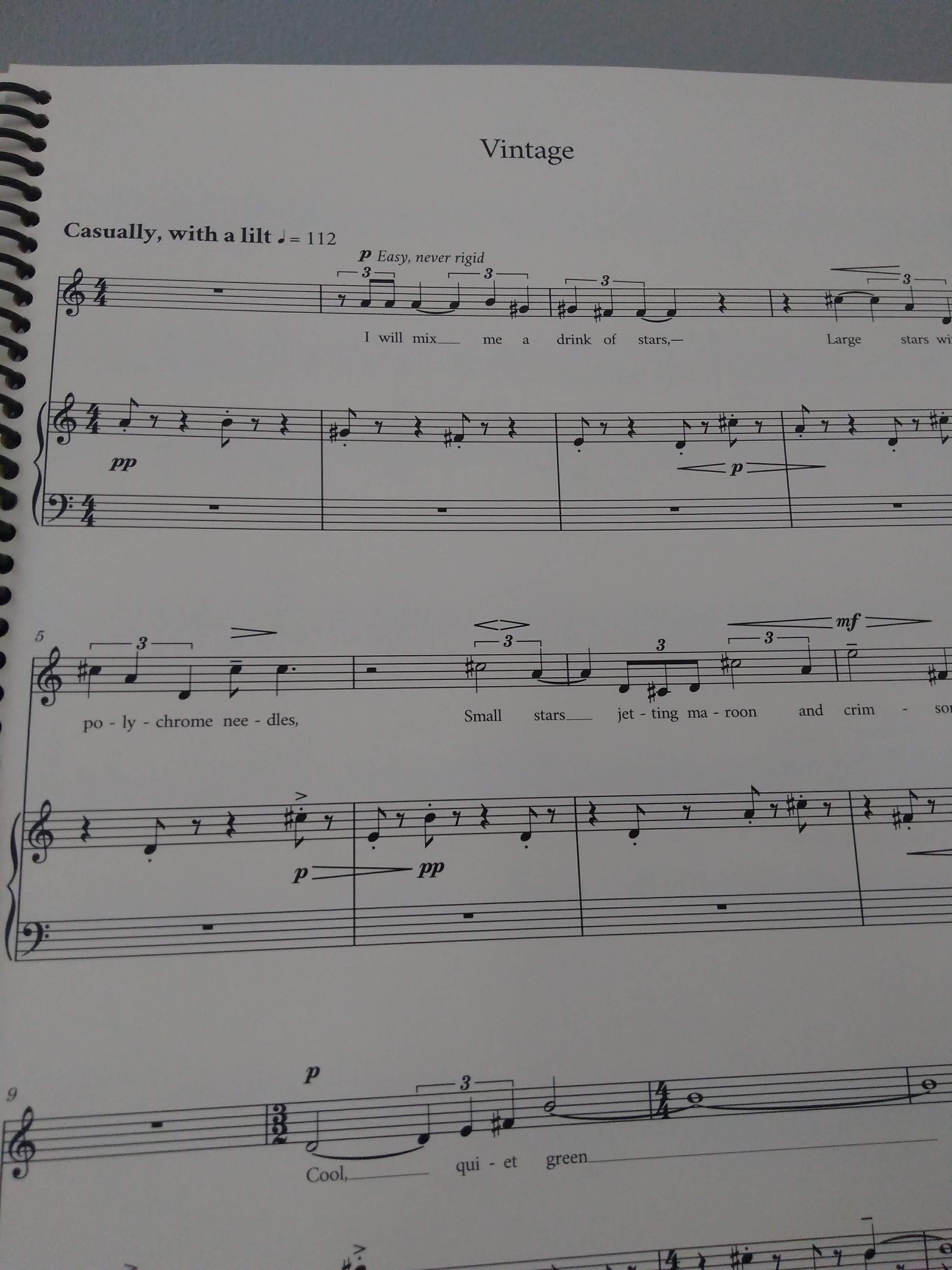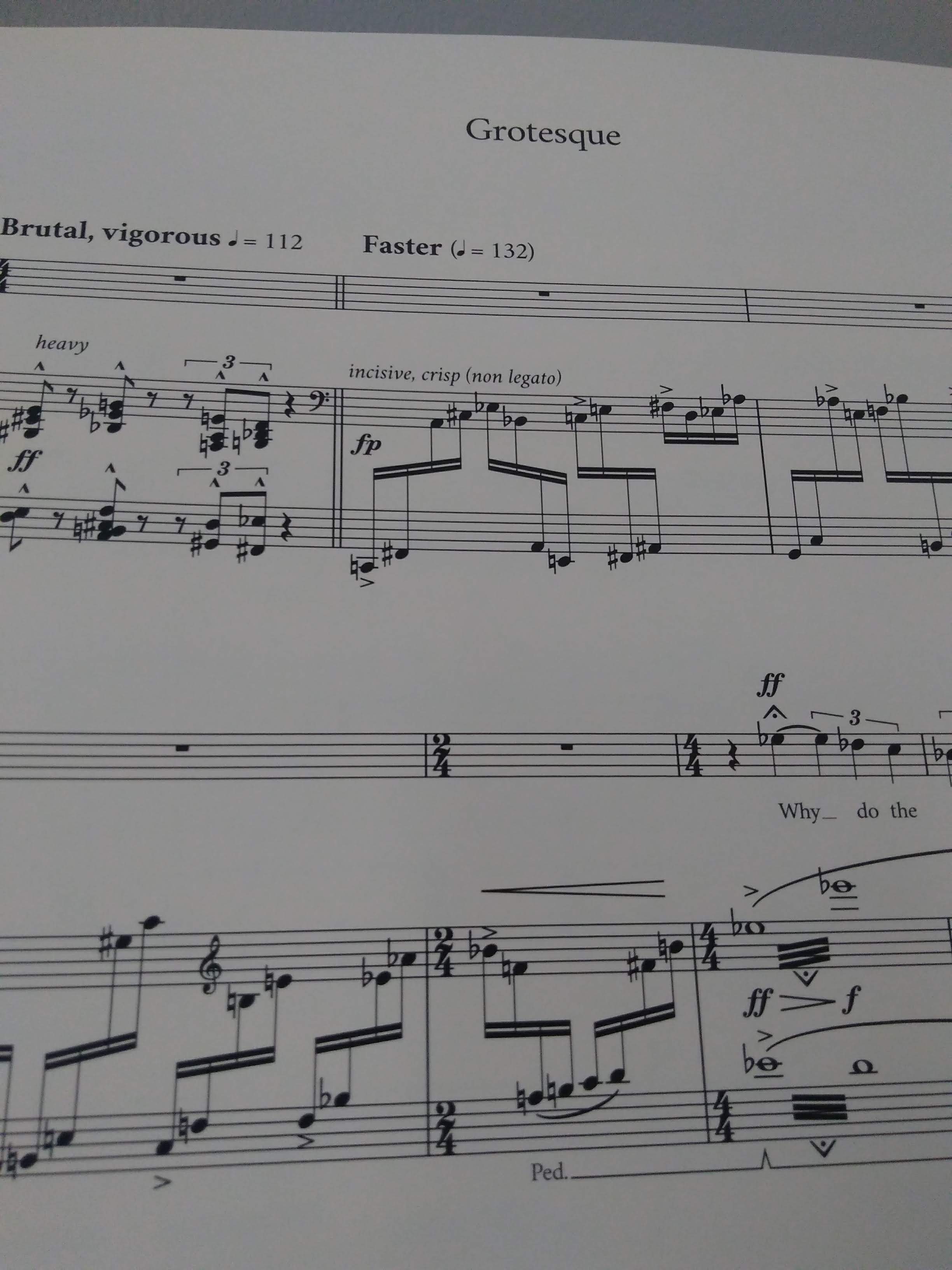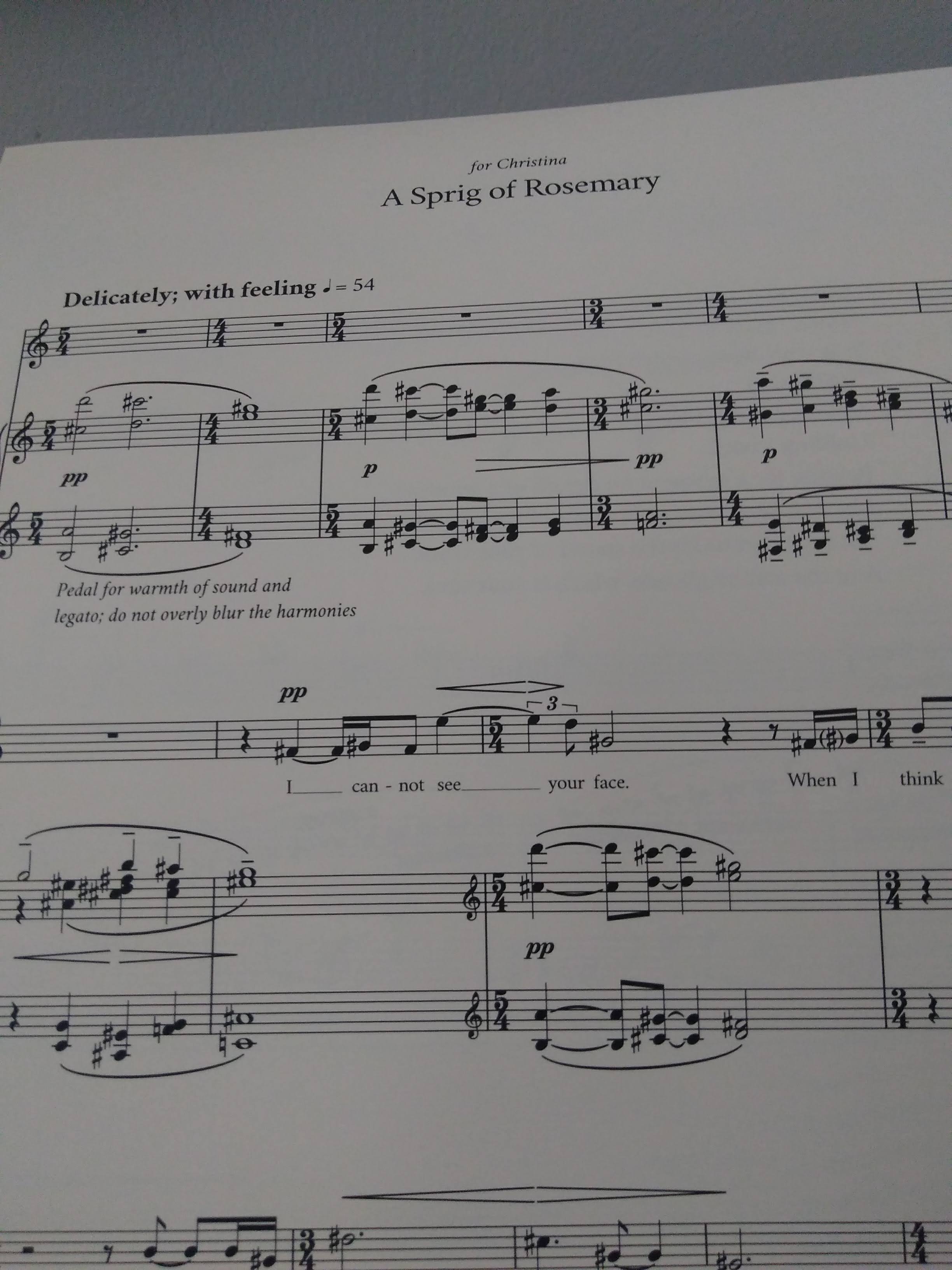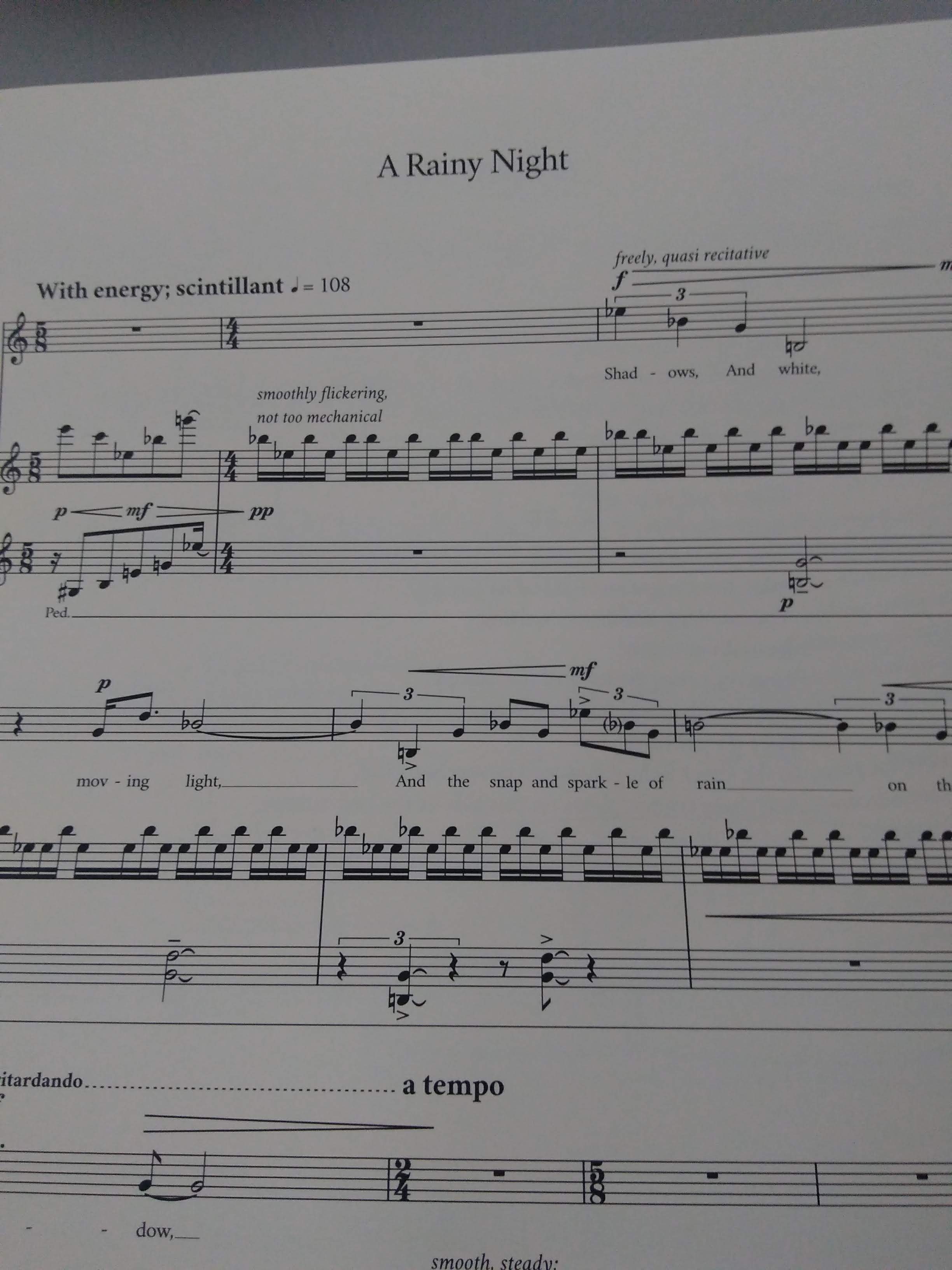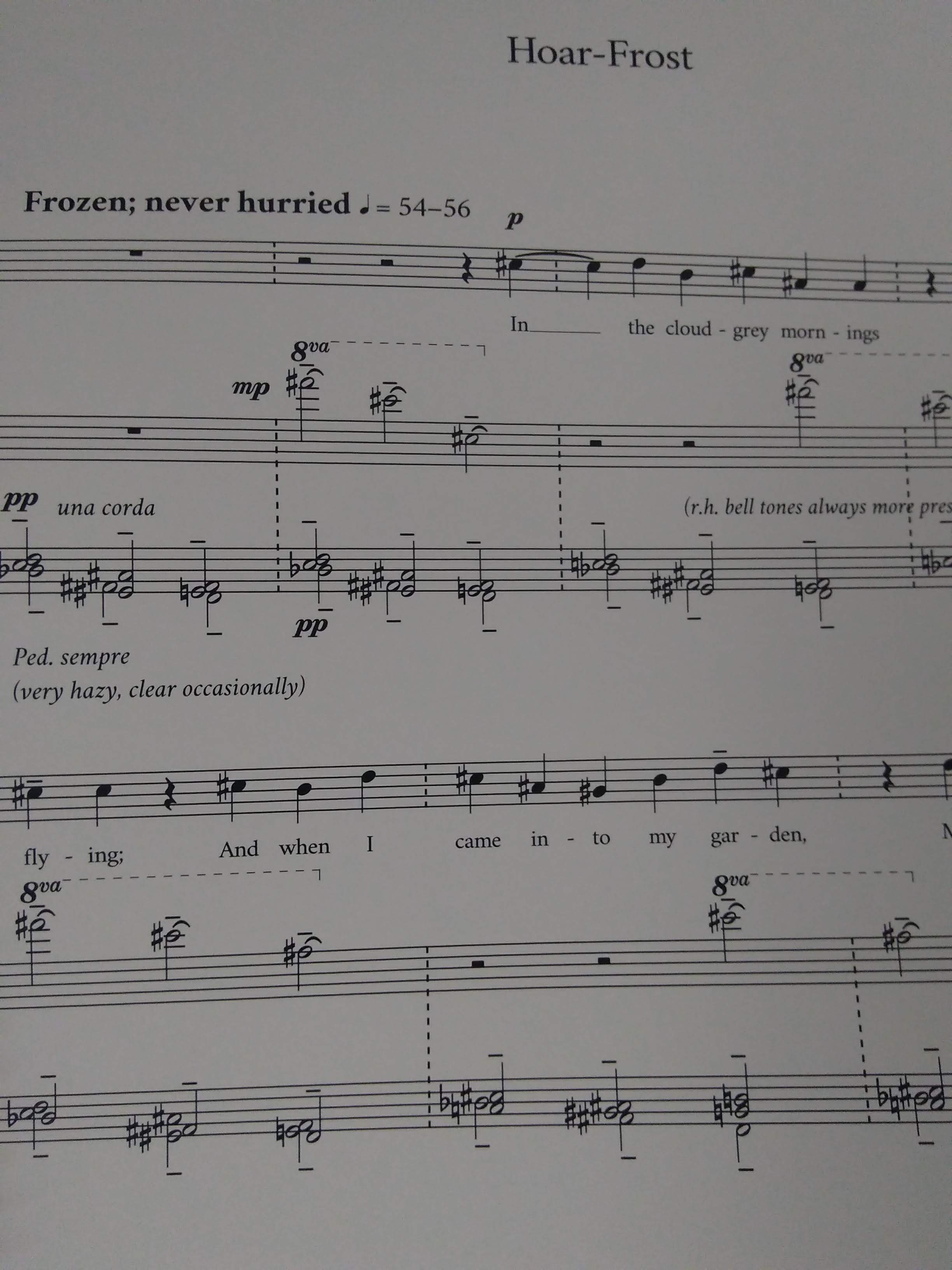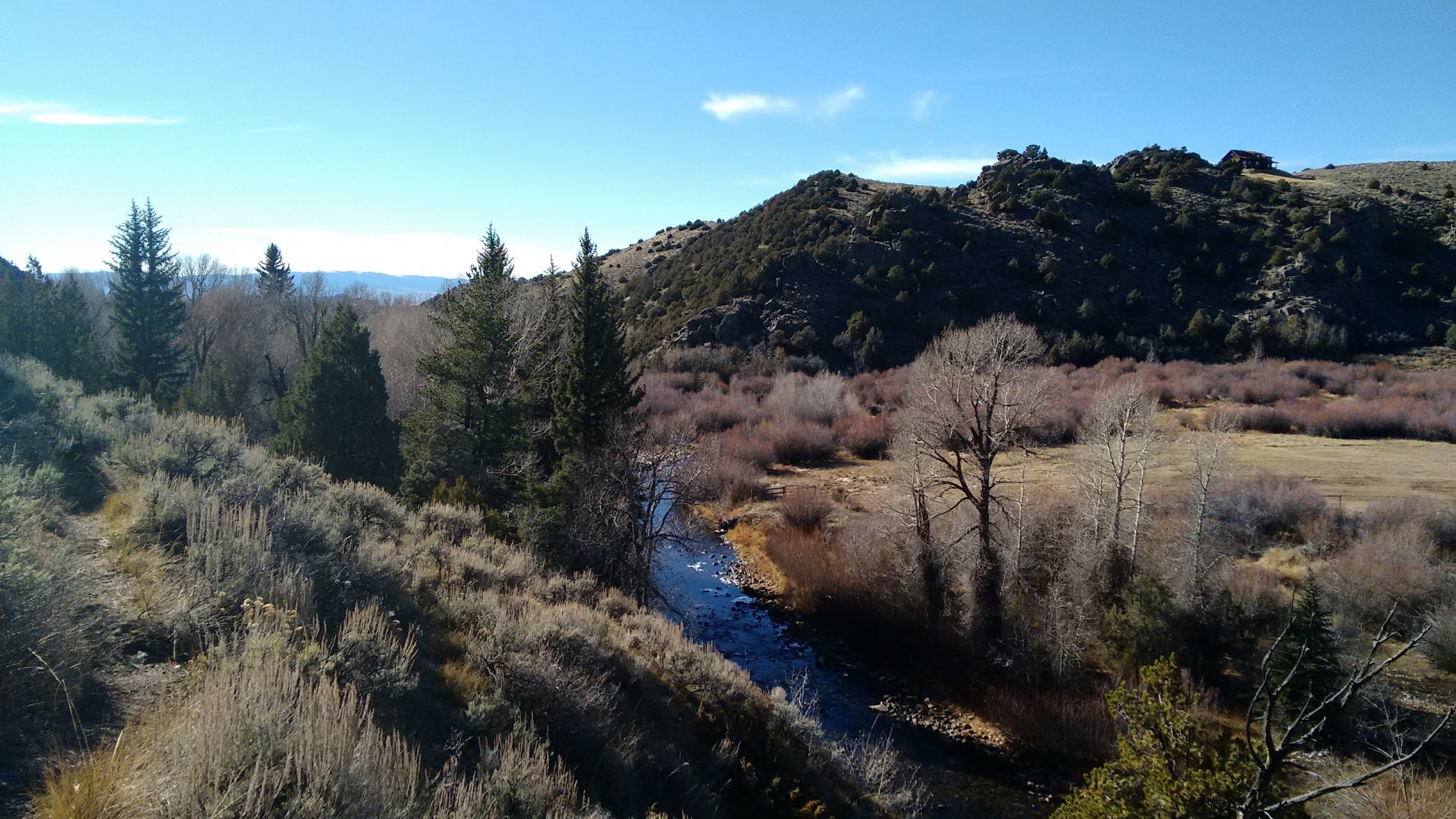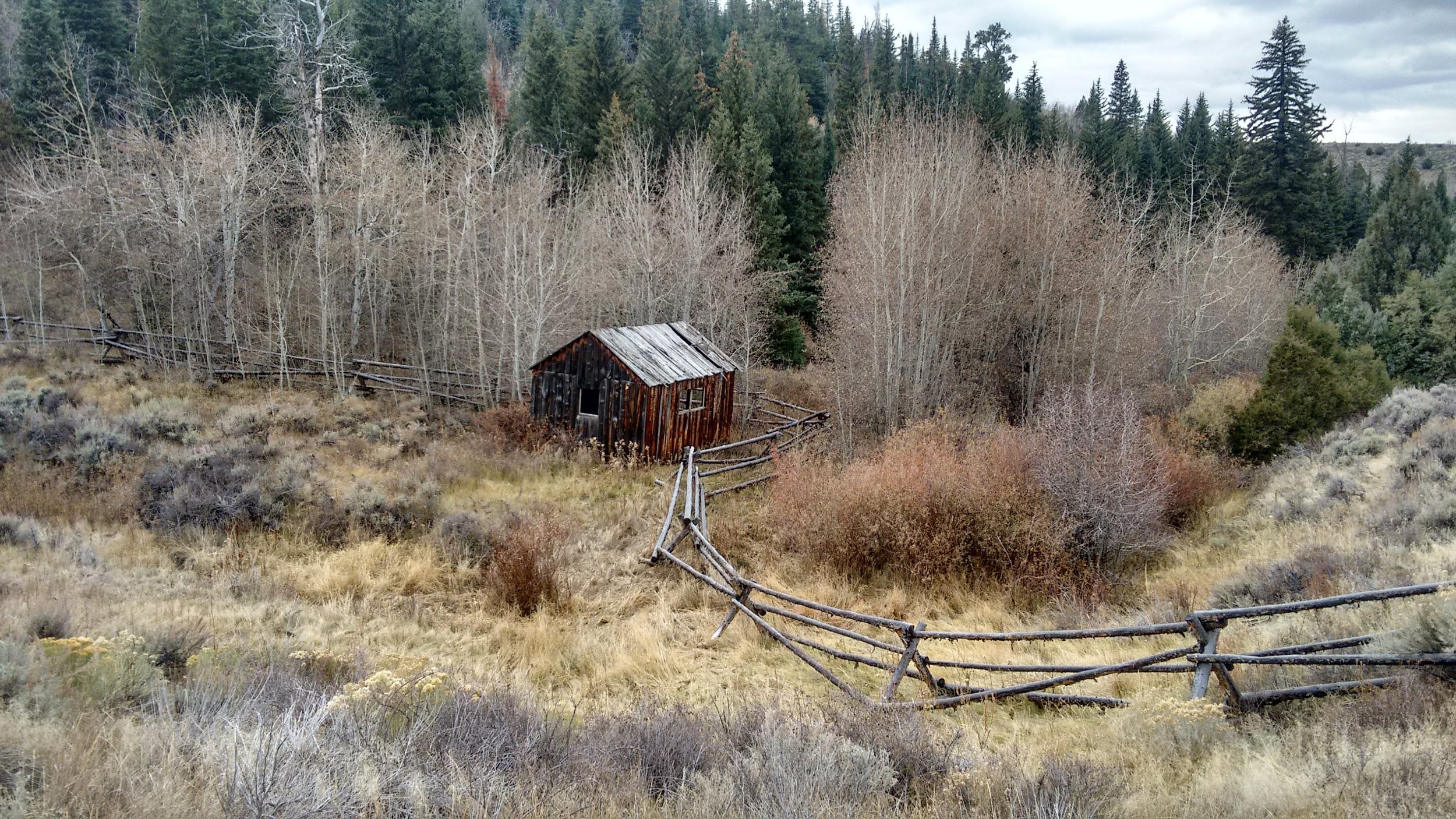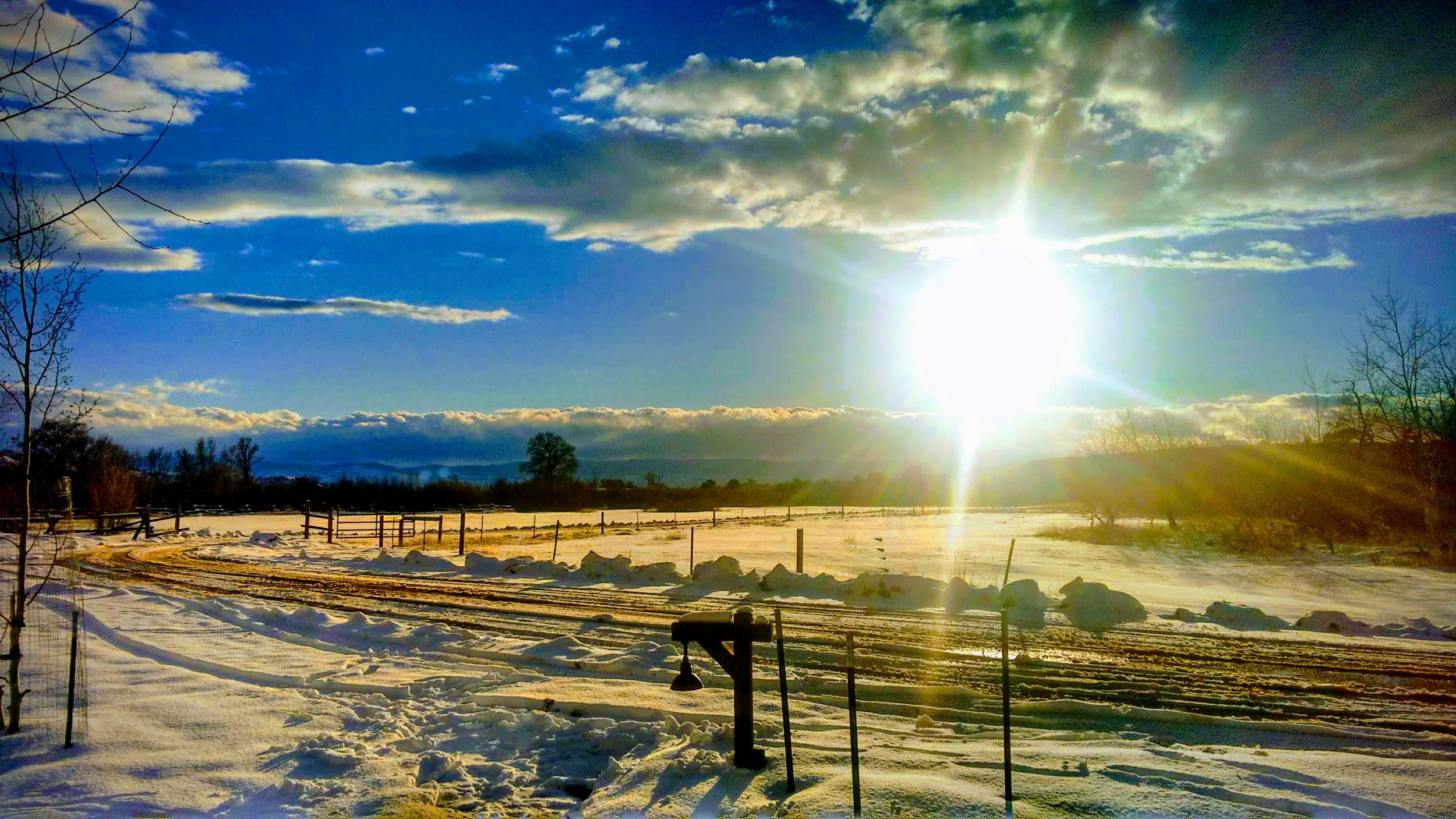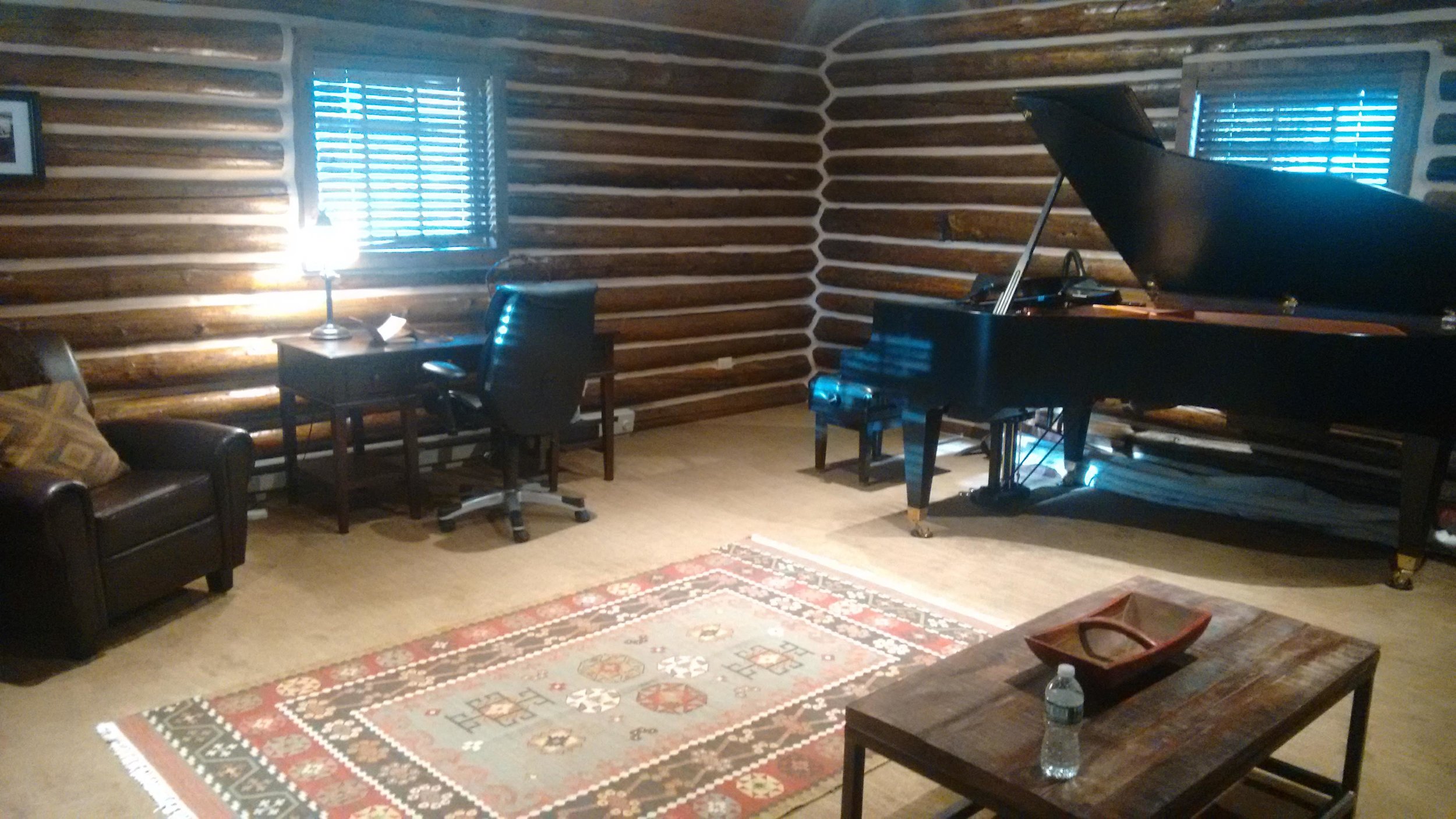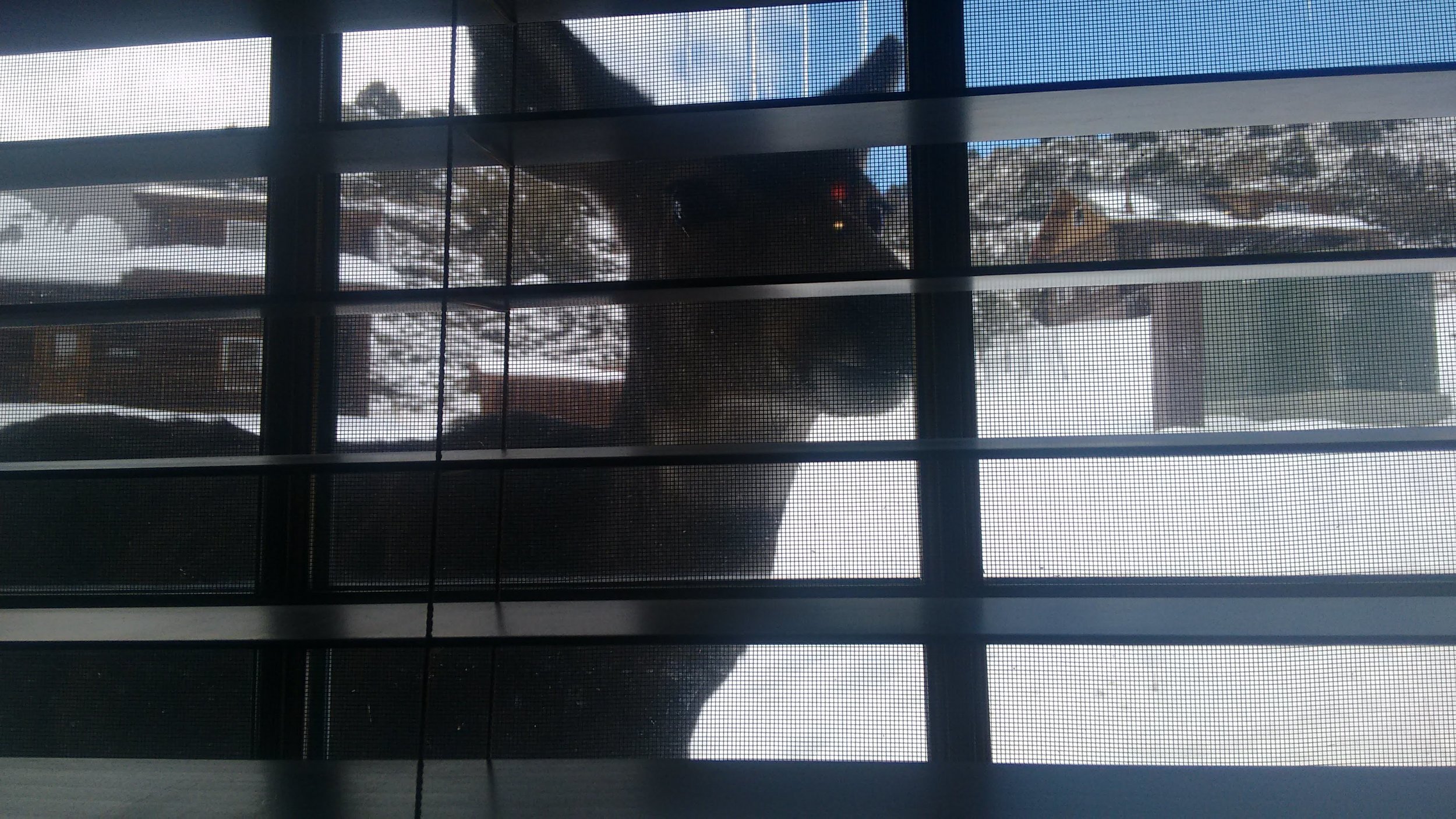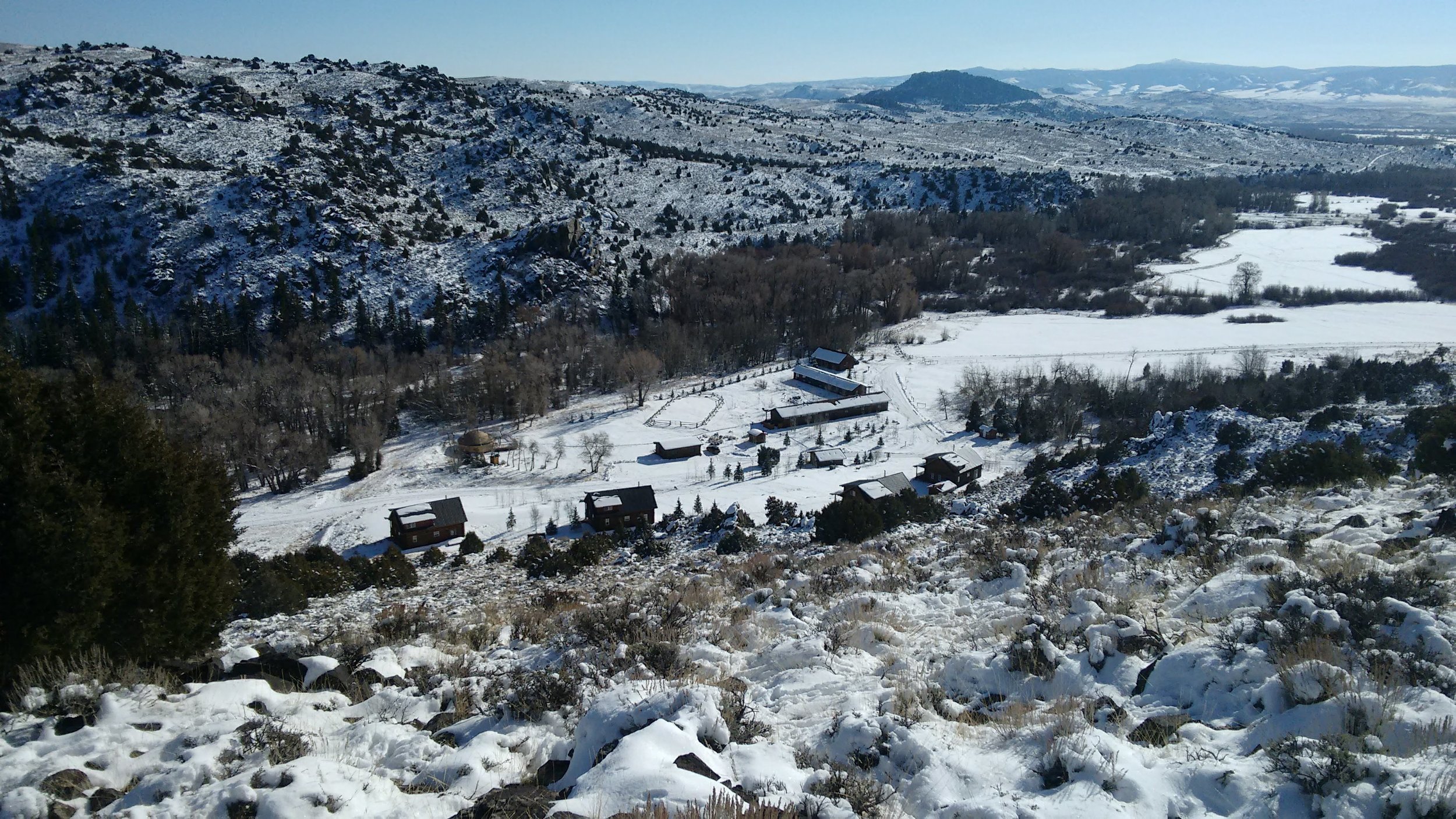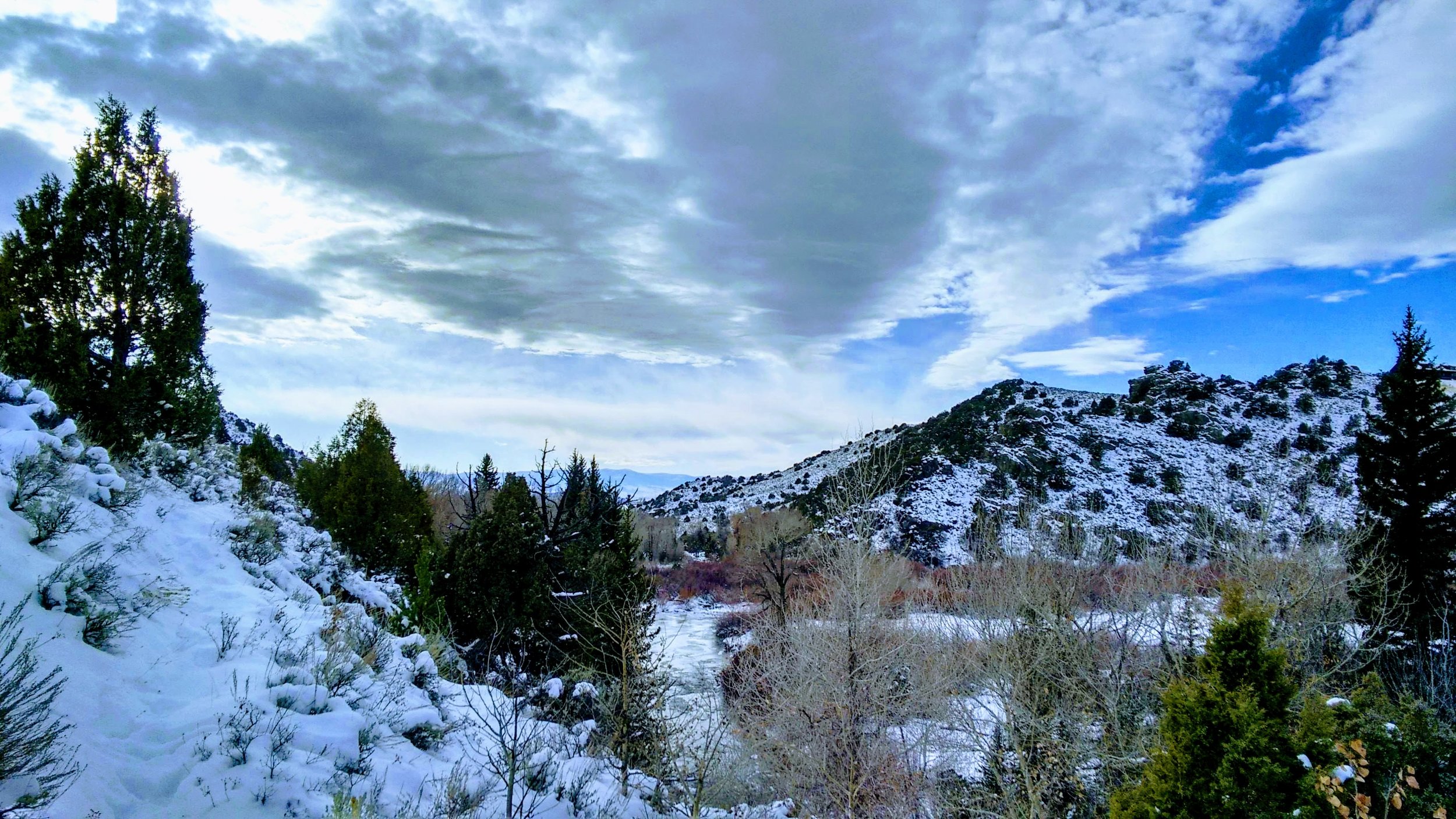I carry the words of composers and musicians - some long passed away, others still breathing, some whom I’ve met and others only read about - with me in my head. Over the years, their morsels of advice and perspective have become lodged into my brain. At times they are helpful — other times I wish they’d become unstuck for good but can only sort of try to bat them away when they appear and circulate like hungry horse-flies. I probably used to take much of this stuff too seriously; if any larger objective truth has emerged it’s almost certainly that there are infinitely diverging pathways towards artistry and that, when taking anyone’s advice, your mileage may vary. Like presumably most people, I tend to best remember those tidbits that confirm my own biases and feelings, although there’s a special (cursed?) place in my heart for those that seemed to speak directly to my most sensitive insecurities and self-doubts. “I feel attacked,” as they say on Twitter.
So, I thought I’d use this space to create a sort of informal, annotated list. Maybe it’s a form of self-surgery or artistic detox. As a mentor would say, “bless and release.”
(Side note: I have realized that there are a lot of these, so they will more than likely be spread out over subsequent posts, especially as I remember more of them. Like I said before, these are informal. I’m not digging around for citations. I will probably paraphrase more than quote. Some of them are the result of a long game of telephone, where I heard it from a teacher who heard it from their teacher who read it in a book written by someone who maybe heard it from someone who knew the source. Etc.)
Joan Tower - When you are stuck, don’t try to wrestle with the music or force it in a particular direction. Listen to what the piece wants to do.
I don’t remember where I read this, but I think it was sometime around 2010 or 2011 when I was studying a few of her pieces for a theory class. This is good, sound advice, if a bit abstract, i.e. how does one even know what a piece “wants” to do? It’s an argument for intuition over rationality, but also an interesting call to self-immolation before the alter of music. Try to detach from the ego, Tower is saying; the music has a will of its own.
George Rochberg - Every time I start a new piece, it feels like I’m completely starting from scratch.
Yes, we’ve all been here. In a strange way Rochberg is speaking to imposter’s syndrome. Of course he’s not just referring to the obvious - that we are literally starting from the beginning of a new project - but that starting a new piece can make us feel incompetent, like we’ve forgotten everything we’ve learned, that there’s no immediately secure footing or sure path forward, and that rules that seemed to apply very naturally to the previous work have no bearing on the new one.
Louis Andriessen - What we call a composer’s “voice” or personal style is really the result of his or her particular limitations.
This idea makes sense to me but is difficult to articulate clearly. Artistic limitations create habits, patterns, and certain traits that recur. These habits and patterns recur over the course of several projects and become part of that artist’s DNA. Perhaps another way to say this is that, through the repeated process of creation, certain grooves are formed that ultimately contribute to the contour and outline of the artist’s work.
Aaron Copland - When I compose, I use the piano in the same way an author uses the typewriter. It doesn’t tell me what to write, but I write through it.
This doesn’t seem that profound, though it does make the important distinction between “composing at the piano” and “letting your fingers go wild across the piano and write whatever you come up with.” Being clear about this distinction for myself has been a huge help when writing for instruments and ensembles that are NOT the piano, but when I still want to explore harmonies and other materials using the keyboard. It was also important for me to read that people like Copland (and also Stravinsky) used the piano when composing, given what the next composer had to say about that…
Dmitri Shostakovich - Real composers don’t use the piano (If you use the piano, you’re a hack).
It’s great that Shostakovich could carry around an entire symphony with him in his head as he worked on it, wait until it was finished, and then write down the piece in one final draft. It’s also possible that this is largely exaggerated or apocryphal, something I read in Testimony, the possibly specious “memoirs” of the composer as dictated to Solomon Volkov. In any case, learning about how various composers and artists have worked on their craft has variously filled me with awe, interest, and the ultimate realization that we must do whatever works for us, in whatever situation we may find ourselves.




